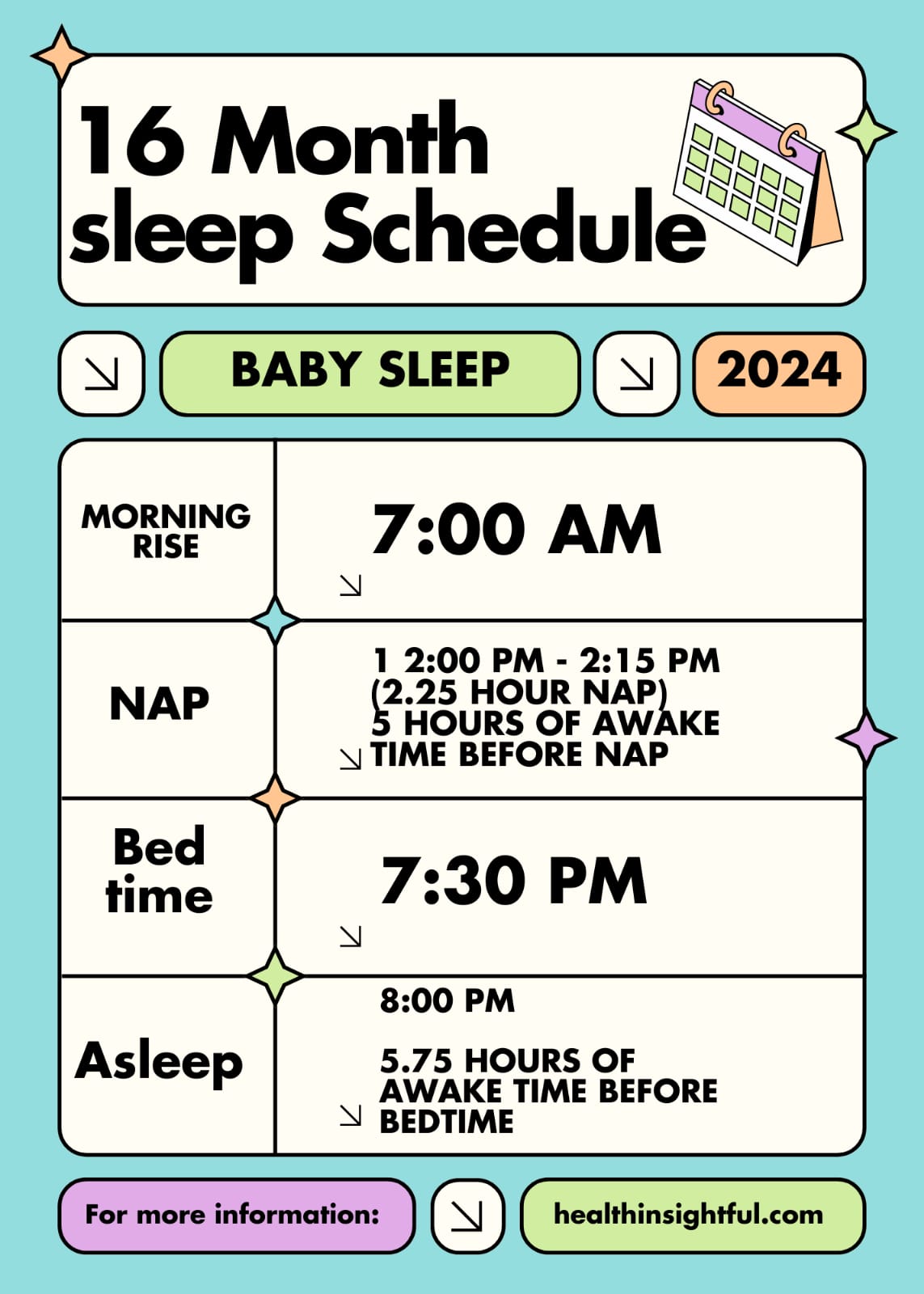Sleep regression may well be one of those most trying times in parenting, especially if you have only just got into a nice rhythm of sleep with your little one. These periods of periodic perturbation in sleep often leave many parents wondering how long this is going to last and what they can do to help themselves and their child get through this period. This comprehensive guide will explain in detail the common sleep regression periods, what to expect, and provide some practical tips on how to effectively deal with them.
What is Sleep Regression?
Defining Sleep Regression
Sleep regression is the period in which, all of a sudden, an otherwise well-sleeping child has problems sleeping. The sleep problem can be in the form of frequent wakings, inability to easily fall asleep, or even resisting going to bed. The timing of sleep regressions usually occurs in conjunction with big development periods, and can indeed be frustrating for the parents dealing with these changes.
Common Types of Sleep Regressions
The sleep regressions tend to happen in tandem with some developmental milestone achievements in an infant’s young life. Now, here’s a close-up look at some of the most common:
- Sleep Regression at 4 months: It is usually attributed to the change in a baby’s sleep pattern from being on a newborn sleep cycle to more adult-like sleep cycles. It would lead the infant to wake up more in the night and have difficulty getting to sleep whenever it tries to fall asleep.
- Sleep Regression starting from 8th to 10th Month: Babies start getting mobile around this period and also develop separation anxiety, which messes up their sleep.
- Sleep Regression at 12 months: This is a period of marked improvement in social and emotional development but is usually associated with nap transitions and increasing independence.
- Sleep Regression at 18 months: Primarily the stage of language development, with this stage assertiveness may be demonstrated through sleep disruptions.
- Sleep Regression at 2 Years: Similarly, it has been associated with nap transitions and developing independence, all of which have an impact on sleep behavior.
Knowing these stages will help parents to expect and provide a remedy for sleep problems much more effectively.
How Long Does Sleep Regression Last: The General Timeline
Sleep regressions may last anywhere from 2 to 6 weeks. The exact timeline might depend on many factors:
Another factor that could influence how long a regression will last could be the age of the child. Younger babies can have their regressions for the shorter duration than an older child.
- Developmental milestones: the kind of developmental milestone that relates to the particular regression in question affects the duration of time. Alternatively, a milestone that involves profound changes either cognitively or physically increases the duration of time spent in regression.
- Consistency of Sleep Routine: Maintaining the same sleep routine can help decrease the duration of sleep regression. Routine offers a sense of safety and security to the child during such unsettling moments of their lives.
- Variability Among Children
Every child is different, and so is the pattern of sleep regressions. While the general timeline provides an overview, in certain cases sleep regression in children can either be short or long. That is the reason it is pretty essential that parents be flexible and patient during this phase.
How to Manage Sleep Regression
1. Stick to a Bedtime Routine
The Importance of Consistency
A sleep regression requires a vital bedtime routine that sets a pattern for your child, giving them an idea about slowing down to go to sleep.
Hints for Implementation:
- Create a pre-sleep routine in a quiet manner which involves reading a book, taking a bath, or even playing lulling music.
- Provide a regular regulated sleep-wake schedule. This should also be followed on weekends in order to create stability and predictability in routines.
2. Design a Sleep-Conducive Sleep Environment
Supporting an Excellent Sleep Environment
This means a perfect sleep environment contributes to healthier sleep with fewer disruptions when regressions occur.
Sleep Environment Fixes
The sleeping area should be dark, quiet, and cool enough. A white noise machine can mask other noises that may disturb them.
3.Supporting Developmental Changes
When your child is practicing new skills throughout the day, praise the action and celebrate. This way, they can work it out and disrupt night sleep less often.
Give plenty of reassurance if separation anxiety or other developmental issues are the cause of your child’s sleeping problems.
4. Avoid Pre-Sleep Overstimulation
- Controlling Pre-Sleep Activities
- Pre-sleep overstimulation aggravates sleeping problems during regressions.
Some helpful tips to avoid overstimulation:
- No screen time and less vigorous play one hour before bedtime.
- Soothing activities before bedtime can help calm your child to sleep.
5. Be Patient and Flexible
- Go with the Flow.
- Patience and flexibility are the keys here, since sometimes sleep regressions are transient and may resolve spontaneously.
Managing Patience-Tips:
- Avoid making extreme changes to sleep routines during a regression.
- Offer comfort and reassurance without setting up negative sleep associations.
When to Seek Professional Help
Ongoing Problems
By the time the sleep regression has lasted longer than usual, or if sleep problems are genuinely affecting your child’s health and behavior, it is probably time to seek out professional advice. Ongoing sleep problems may point to underlying issues that really need professional help.
Warning Signs:
- Disturbances in sleep that extend beyond 6 weeks.
- Severe behavioral changes or health problems that are related to sleeping problems.
- Sleep disorders and other medical conditions.
See Professional Help:
Pediatricians or sleep experts will provide more individualized recommendations and discover underlying conditions that could be contributing to your child’s sleep problem. Summary Sleep regressions are a normal part of a child’s development, but not easy on parents. Forewarned about the common duration and with continued consistent sleep habits, this transition is more manageable. You will get through these temporary sleep regressions and guide your child back into good sleeping with an overall approach with patience and support.










